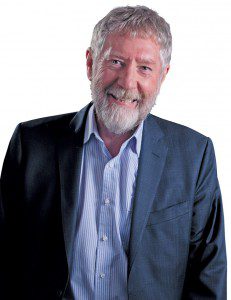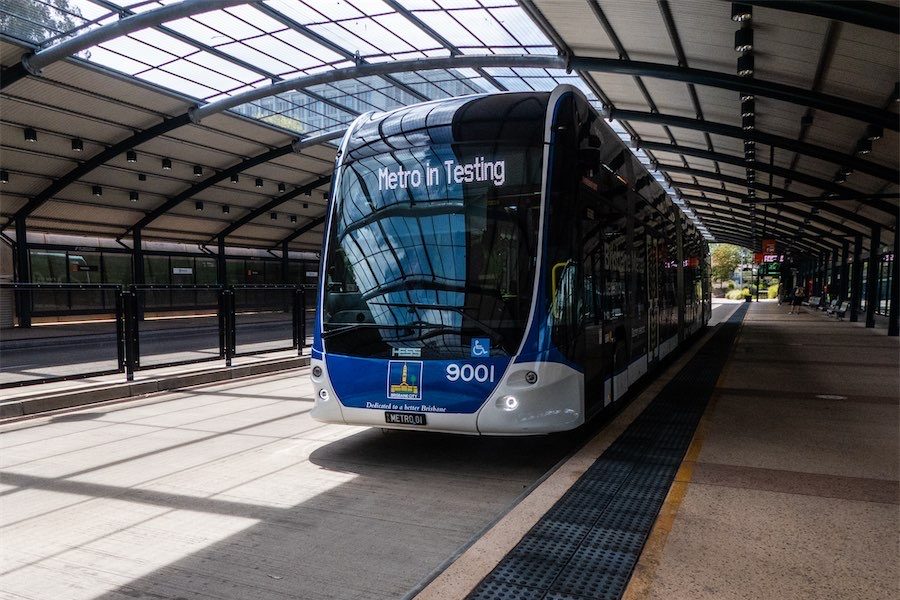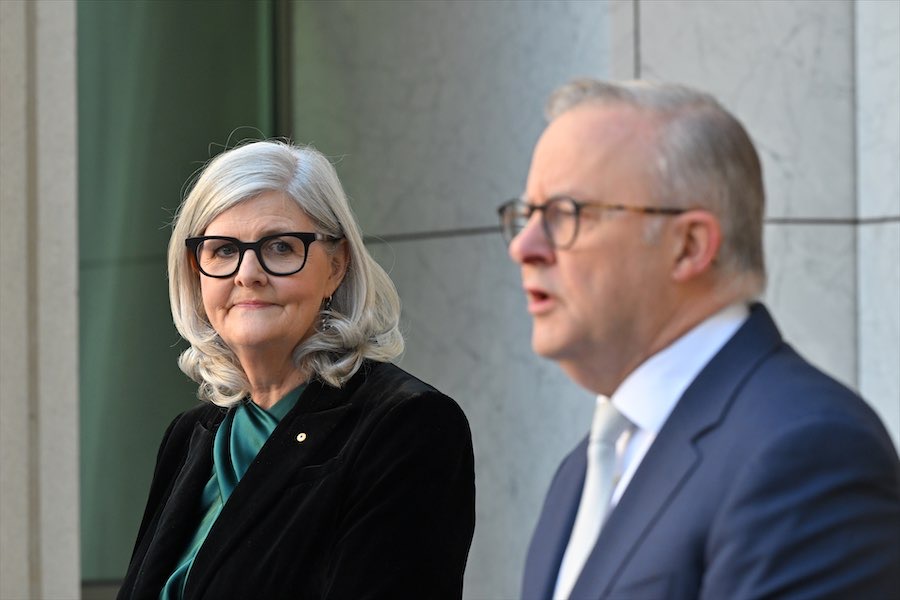CHALLENGING disempowerment of the people of the ACT is a key element of an inquiry by an ACT Assembly select committee, which has received nearly 500 submissions on end-of-life choices.

The committee will need to address who has the dominant view and balance individual freedoms against protection of others.
The Assembly Select Committee on End of Life Choices is proving a model of appropriate consultation. There is time. The Assembly has not had the power to legislate for the ultimate end-of-life choice – voluntary active euthanasia or physician-assisted dying – since 1997.
Modifications by the Federal Parliament to the ACT and NT self-government acts removed that power.
Apart from considering the calibre of palliative care and assisted dying, a key role of the select committee is to assess the strength of feeling of ACT citizens about having fewer democratic rights than people who live in the states.
It is an appalling anathema that a majority of members of the Federal Parliament, led by Liberal Kevin Andrews and Labor’s Tony Bourke, determined that their own moral and religious judgements were superior to the judgement of the elected representatives of the territories.
The actions of these MPs is in marked contrast to the position taken by then Liberal senator Gary Humphries who in 2006 crossed the floor to vote against the Howard government on the ACT’s right to make its own decision on same-sex marriage.
The government of the time had moved to disallow the ACT’s civil-union laws for homosexual couples. Humphries was clear that his decision was primarily about the rights of ACT citizens to self-determination.
The ACT was simply ahead of the country in recognising the importance of the same-sex marriage issue. In just the same way the ACT was the first jurisdiction to debate voluntary active euthanasia when the first legislation of its kind in Australia was tabled (by me) in 1993. The NT legislation that followed was successfully passed and implemented before interference at the Federal level.
Attitudes are shifting on this issue as well with the Victorian Voluntary Assisted Dying Act 2017 being passed. This legislation was initiated and driven by long-term Canberra identity and now Victorian MLC Fiona Patten. Other states are considering similar legislation and it’s only a matter of time before they follow suit. Despite the overwhelming community support, the Federal parliament was simply behind on the same-sex issue and it is the same on euthanasia.
The Select Committee on End of Life Choices is considering much broader issues than self-determination and assisted dying. The provision of the best possible palliative care is firmly on its agenda. In a perfect world, palliative care would be of such calibre that no-one would choose to end their own lives. However, we do not live in a perfect world and, as much as we improve palliative care, there will always be some who choose to end their own lives to ensure a “good death”.
Protections, checks and balances and ensuring that legislation is not misused are key elements of the decisions to be made by the select committee’s members. Having recently appeared before this committee myself, it is clear to me that the MLAs are taking this role very seriously. The underpinning challenge is to determine when or how the government should interfere in the freedom of someone to make their own decisions.
Liberty, as ANU and Princeton philosopher Prof Philip Pettit has identified, is not so much about protection from interference as protection from domination. Religious views dominated the Federal debate when the territories’ right to legislate was overruled. This is in marked contrast to polling over the last decade that consistently finds up to 80 per cent of Australians support assisted dying for the terminally ill including more than two thirds of Catholics and Anglicans.
Hopefully, the majority of our MLAs will not allow their own religious perspectives to override the views of others.
Who can be trusted?
In a world of spin and confusion, there’s never been a more important time to support independent journalism in Canberra.
If you trust our work online and want to enforce the power of independent voices, I invite you to make a small contribution.
Every dollar of support is invested back into our journalism to help keep citynews.com.au strong and free.
Thank you,
Ian Meikle, editor





Leave a Reply